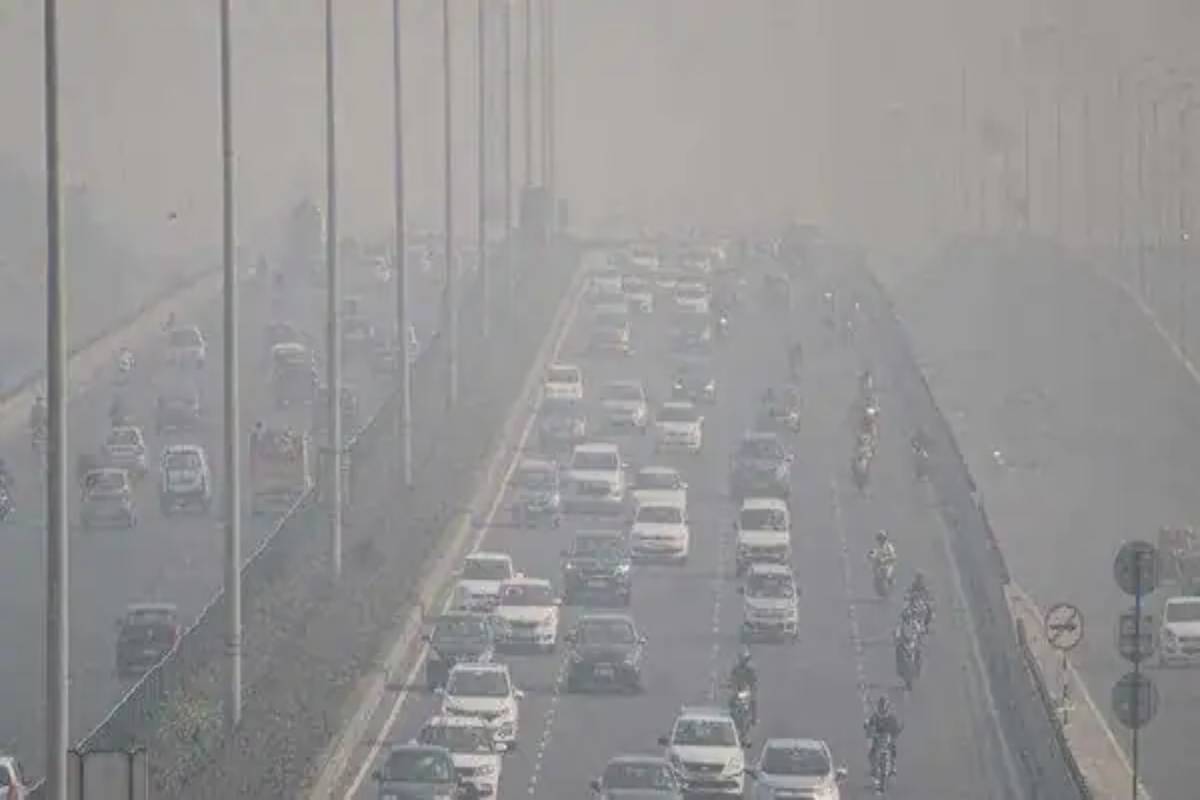Drunk riders fall off flyover in Delhi
A tragic accident occurred on Geeta Colony flyover, resulting in one fatality and another person sustaining serious injuries, police said on Sunday.
The noticeable improvement in air quality prompted the Commission for Air Quality Management (CAQM) in NCR to rescind all stage 3 measures under the Graded Response Action Plan (GRAP) designed for severe pollution

Representation image [File Photo]
After one day of rainfall in the city, Delhi witnessed an improved air quality, reaching the ‘poor’ category on Wednesday. At 7:05 am, the average Air Quality Index (AQI) stood at 258, an improvement from the 294 recorded at 6 pm the day before.
Over the past fortnight, Delhi’s AQI was between the severe and upper limits of the very poor categories. However, projections suggest it will likely remain within the “very poor” range and is unlikely to recede back to the severe category. The anticipated arrival of another western disturbance on Wednesday night could bring a drizzle over the following two days. The India Meteorological Department (IMD) noted that the influence of the current western disturbance was waning.
Advertisement
IMD scientist Kuldeep Srivastava highlighted the formation of a cyclonic circulation over Rajasthan, indicating an easterly wind direction that would continue channeling moisture towards Delhi in the coming days. This could result in a chance of drizzles late Wednesday and into Thursday morning, potentially leading to shallow to moderate fog over the next two days.
Advertisement
The noticeable improvement in air quality prompted the Commission for Air Quality Management (CAQM) in NCR to rescind all stage 3 measures under the Graded Response Action Plan (GRAP) designed for severe pollution. This revocation lifted the ban on private construction, the operation of BS-III petrol and BS-IV diesel four-wheelers, mining activities, and stone crushers.
However, CAQM clarified that construction and demolition sites previously issued closure orders due to violations would not be permitted to resume operations.
The invocation of stage 3 measures had occurred on November 2 when the AQI crossed the 400-mark for the first time in the season, signaling severe pollution levels.
Advertisement